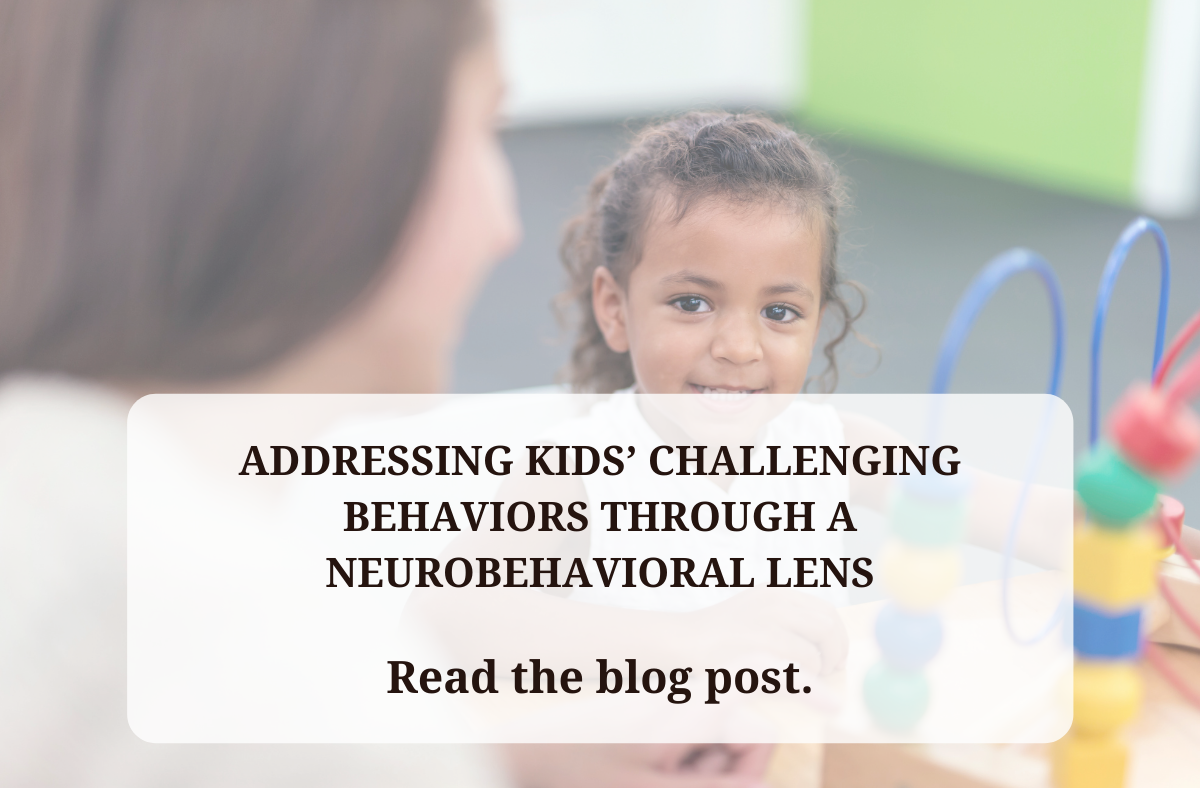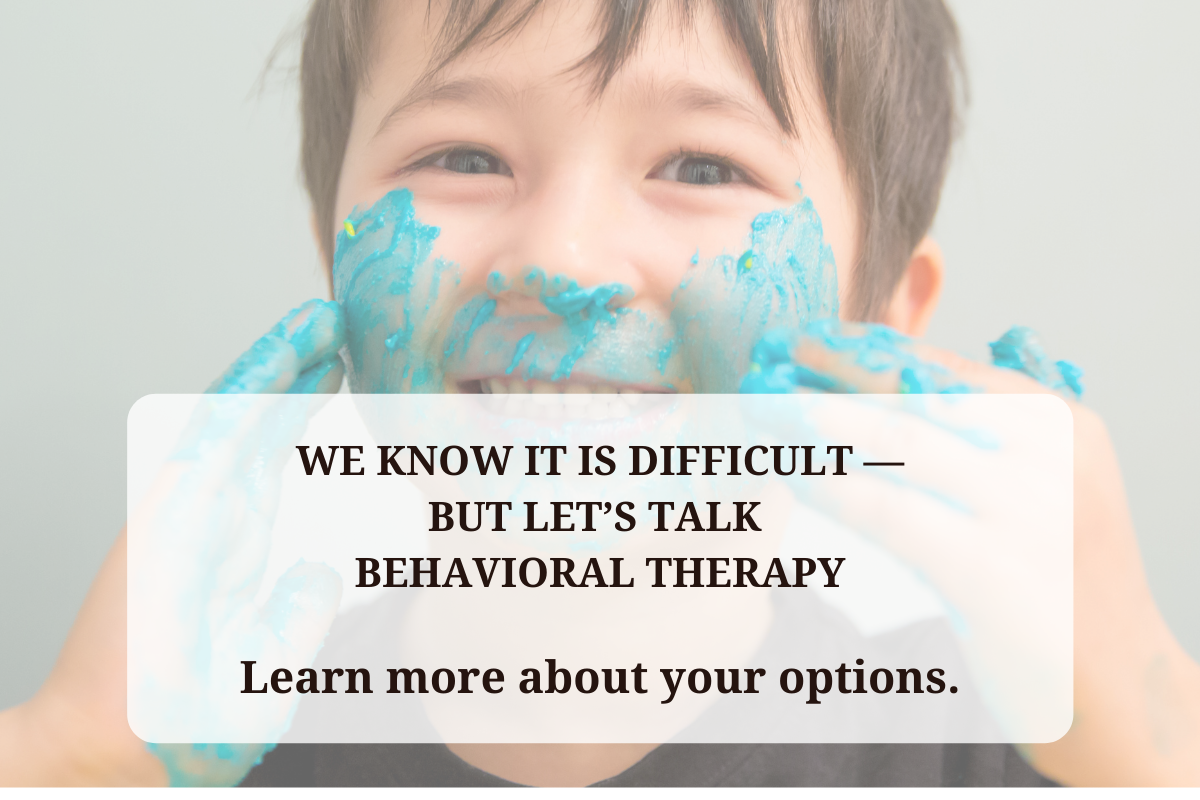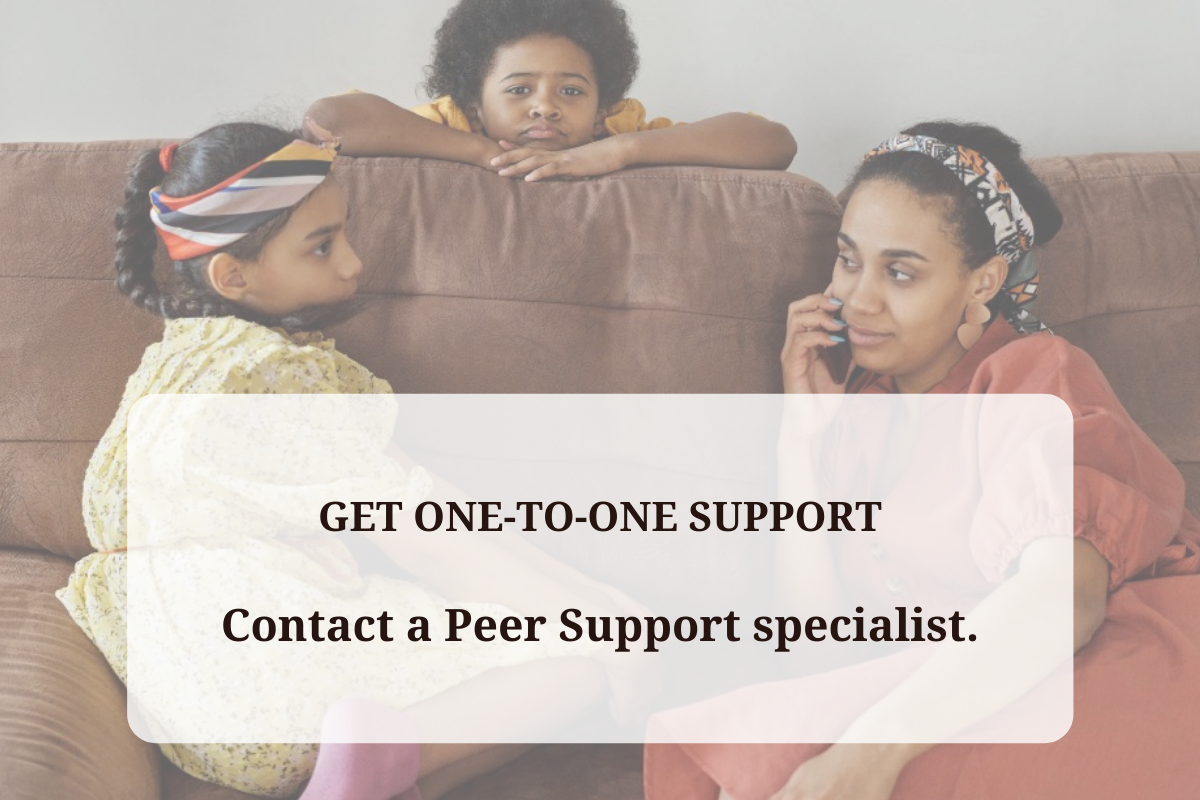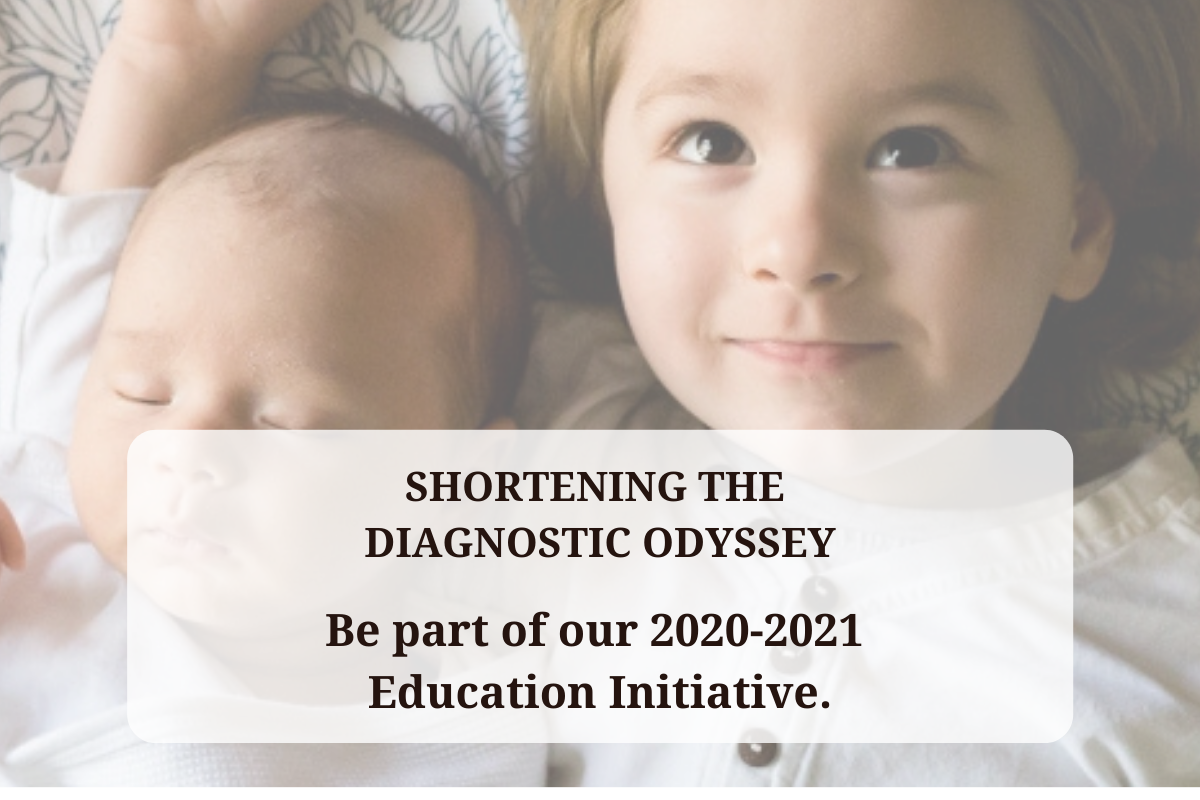
Know you are not alone. Parenting is challenging as it is. And we know that children with neurologic conditions may have more challenging behaviors.
Traditional behavior management strategies, like consequences and rewards, may not work. Sometimes it can make the behavior worse. Figuring out the best ways to manage difficult and challenging behaviors is a common concern we hear among our families in the child neurology community.
That’s why we made Management Of Disruptive And Harmful Behaviors our annual education focus in 2019. It was such an important topic of interest to our families that we have been able to continue behavior management as one of our ongoing programs, with support from our partners Greenwich Biosciences and UCB.
Jump to:
Age-Appropriate Behavior Management:
Strategies To Address Difficult Behaviors In Children With Neurologic Conditions
In this hour-long webinar, we look at tools, strategies and advice on managing difficult behaviors in children with neurologic conditions in a way that addresses the physical, emotional and intellectual age of the child.
You’ll hear from Eileen Devine, LCSW, a Neurobehavior Support Coach for Families with over a dozen years of clinical experience and the adoptive mother of a child with fetal alcohol syndrome, and from parent Karin Kelley, whose 8-year-old twin daughters have an autism diagnosis and difficult behaviors.
Learn:
-
- Age-appropriate strategies for managing difficult behavior
- New tools and techniques for better understanding your child’s behavior
- Approaches to help stop difficult behavior before it starts
Communication Strategies to Improve and Prevent Challenging Behaviors
For Minimally Verbal Children
We heard from our community just how much behavior impacted families in an assessment we conducted. We learned that one of the greatest challenges caregivers deal with is harmful and disruptive behavior brought on by, what they told us, is their child’s difficulty with communication.
This feedback inspired this webinar, where Dr. Kristina Gerencser, PhD, BCBA-D, shares her expertise and helps caregivers expand their toolbox to deal with these challenging behaviors and replace them with more appropriate communication skills.
She is an Assistant Professor of Pediatrics at Emory University School of Medicine and a board-certified behavior analyst doctorate (BCBA-D) and Program Manager for the Language and Learning Program at Marcus Autism Center.
Learn about:
-
- Challenging behaviors and why they occur
- Problems with “cookie cutter” interventions
- Strategies for promoting communication skills to decrease challenging behaviors
Telehealth Best Practices for Children with Behavior Challenges:
Tips and Tricks to Make Visits More Successful
Ninety percent of the more than 2,000 families we surveyed reported they struggle with at least one behavioral challenge. Oftentimes, these behaviors impacted caregivers’ and doctors’ ability to effectively treat the child.
And when we surveyed families about telehealth experiences since the pandemic, we learned that a third of families would never choose telehealth again if given the choice. Behavior was one of the a leading cause of unsuccessful telehealth visits, families reported. We also learned that families worried that a doctor can’t effectively evaluate their child while remote.
Learn:
-
- Best practices for telehealth visits learned through research and personal experience
- Tips and tricks to make telehealth visits more successful
- Steps to consider as you prepare for a telehealth call
- How to collaborate with doctors and stay focused during a call
- How to manage behaviors during the call to make the most of each visit
Managing Disruptive And Harmful Behavior
In Epilepsy and Autism Spectrum Disorders
Caregivers of children with neurologic conditions often struggle with behavior management.
In fact, of the nearly 2000 families we surveyed, only 10% reported they didn’t have behavior concerns. Harmful and disruptive behaviors are very difficult to manage – but you are not alone in your search for answers.
We hope this webinar will give you some ideas for treatment options that you can discuss with your child’s medical team.
While this webinar focused on the more severe behavior challenges in epilepsy and autism, we believe the information will be beneficial for both medical professionals and caregivers looking for strategies to address any behavior issues in children with any neurologic conditions.
Other Behavior Management Information:
-
- CNF Back to School Educational Series
- The impact of lost therapy services during COVID-19 and what parents can do in the interim
- Teaching children to wear a mask
- Coping with Disrupted Routines During COVID-19
- Therapy and Services Decisions During COVID-19 School Closures
- How to Manage Disruptive and Harmful Behavior During COVID-19
The Education Initiative was supported by:
Lead Advocacy Partner
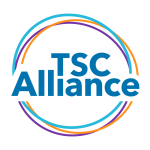
Lead Sponsors


Believer Partner
Epilepsy Foundation
Activist Partners
The Brain Recovery Project
Dup15q Alliance
Community Partners
Dravet Syndrome Foundation
National Association for Epilepsy Centers
Other partners
ADNP Kids Research Foundation, Autism Science Foundation, Autism Society of America, CDKL5 Research Collaborative, Child Neurology Society, CURE, Danny Did Foundation, Global Genes, GRIN2B Foundation, Hope for Harper, Hope for Hypothalamic Hamartomas, International Foundation for CDKL5 Research, KIF1A.org, Lennox-Gastaut Syndrome Foundation, Mickie’s Miracles, Myhre Syndrome Group, Patrick Ring Foundation, PCDH19 Alliance, Phelan-McDermid Syndrome Foundation, Rett Foundation, Ring14 USA Outreach, Seizure Tracker, Tess Research Foundation, The UK Infantile Spasms Trust

